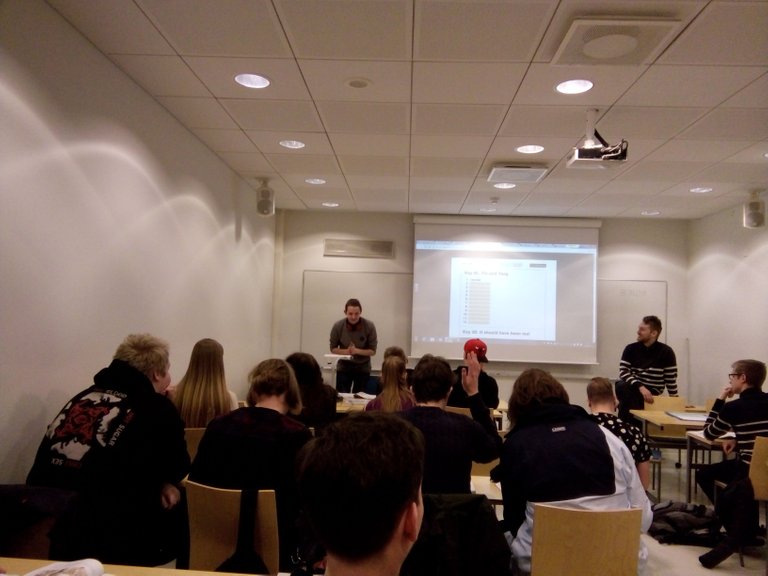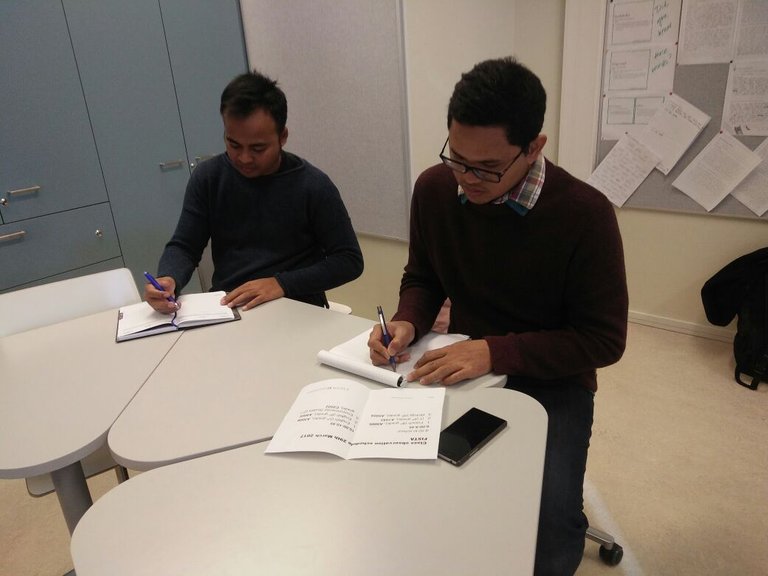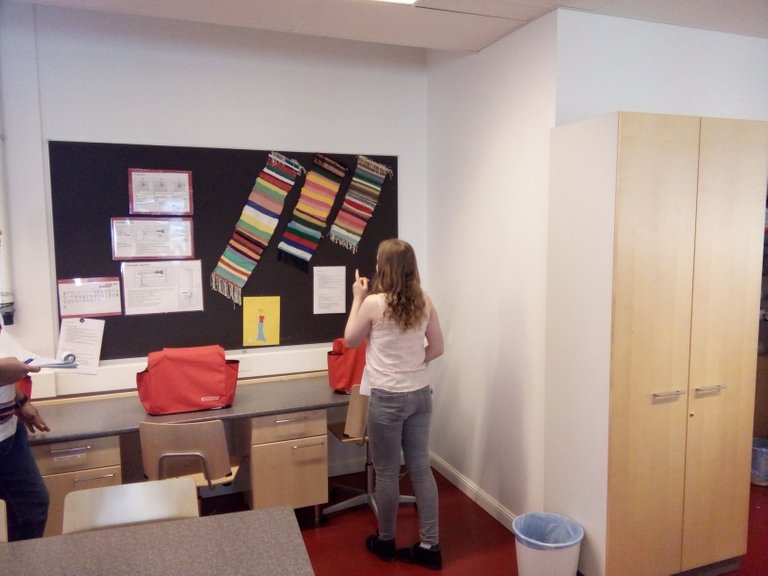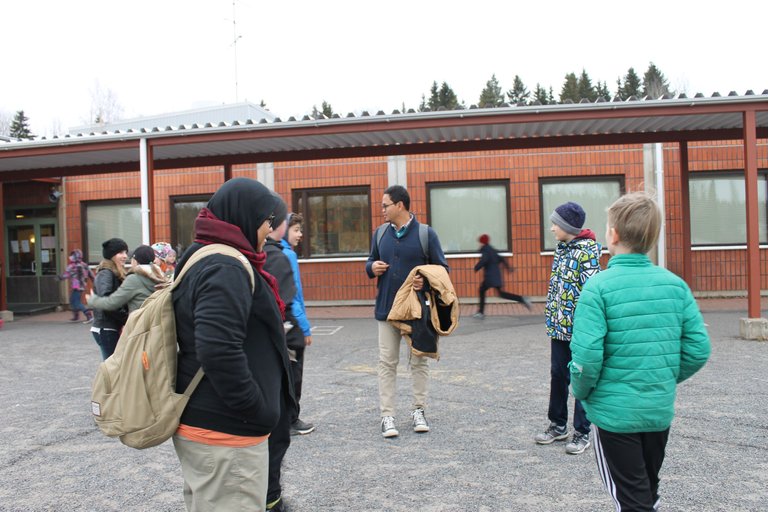
As education or learning in general, there are two ‘extreme’ possibilities of positioning students, whether they are the agents of their learning, or conversely, they are merely passive recipients in their learning. The former is likely to occur if students are seen as human beings with unique needs and interests, positioned as potentially developing, and granted with their rights of freewill or autonomy. The latter, contrarily, might happen if students are seen as robots, machines, or ‘to-be-filled’ entities, in which parents, teachers, or society are seen as responsible in molding them into what the society desires and needs. In other words, students are to be shaped according to certain designs instead of to be given opportunities to develop themselves as they existentially are.

The idea ‘assessment for learning’ actually fits the first viewpoint, albeit different definition of learning might change the positioning. Behavioristically, for instance, learning tends to be defined more mechanistically, that it is like programming a computer machine. However, as now learning tends to be defined more constructivistically in general, included in neo-behaviorism, assessment for learning can be defined as “… any assessment for which the first priority in its design and practice is to serve the purpose of promoting students’ learning” (Black et al, 2004).
Here, what matters most is ‘students’ learning’ instead of ‘students’ grades’. Any output of assessments is not anymore seen as just to tell students of what or how they are, but more of what they can do to achieve better with or without any facilitation from their teachers. For the teachers, what the assessments conducted reveals what they can do in order to enhance the quality of students’ learning. According to Black et al, an assessment becomes ‘formative’ in learning process when it significantly contributes to better facilitating of students’ learning needs [and interests].

Another important issue is how such an assessment can take place. When the relation between teachers and their students is ‘subject to subject’ instead of ‘subject to object’, quality interaction is more potentially to occur. Positioning students as agents of learning equals the power relation, in which students feel unthreatened and have more confidence to involve in deliberating what they achieve and how to achieve higher. Black at al. (2004) also identified the importance of peer assessment, where the more secure power relation potentially occurs and thus enables dialogs. Here, students can more easily accept feedbacks and work on them.
Beside interaction, another important prerequisite for quality assessment for learning is the possibility of students’ reflection to occur or the availability of conditions for self-assessment in which the capacity for metacognition is needed. In self-assessment, ideally, students identify not only their mistakes or in what they are weak with, but more how they metacognitively identify why they fall and how they can develop better strategies in learning. To a higher extent, reflection or self-assessment enables students to arrive at a capacity usually called self-regulatory (regulated) learning.

Back to power relation issue, an interesting phenomenon in Indonesia is what might be ‘symbolically’ represented by the notion ‘respect and obey our teachers’ or let us abbreviate it as ROBOT. Power relation here tends to be vertical, in which students are to respect, which actually is more to listen and obey in almost (if not all) what their teachers say and do. Students are therefore culturally forced to assume that their teachers are the more (or most) knowledgeable and even might be at the level of infallibility. Thus, with such power, culturally, teachers are potential to promote learning or conversely abuse students, intentionally or unintentionally, in their teaching. In assessment and evaluation, certainly, when there are no controls—ethically and by system—teachers can impose harm on their students.
In relation to assessment for learning, in practice, beside ethical factor, understanding of practical aspect of assessment—the ‘how to’— as well as the capacity to apply it, which is directly connected to daily-activity basis of learning, is inevitable. The understanding should encompass what, why and how (included here where and when) an assessment is conducted and how the result is reported and what is conducted following the issuing of the result. An improper provision and use of assessment may yield detrimental or negative impacts (Harlen, 2005), in which students’ self-esteem and motivation for learning are harmed.
For instance, with the power a teacher has, he might conduct an assessment, adjust its method, and reveal its result to each respective student or parent. Yet, when it is presented cynically, in which the teacher forgets the very aim of an assessment for promoting learning and positions himself as an indifferent assessor, criticizing or raising hopelessness, the assessment he conducts will only discourage students in their learning. So, an assessment can be a double-sided blade, that its usefulness depends on the man holding it.

Great experience, nice post best regard @syafiqali
thanks @syafiqali